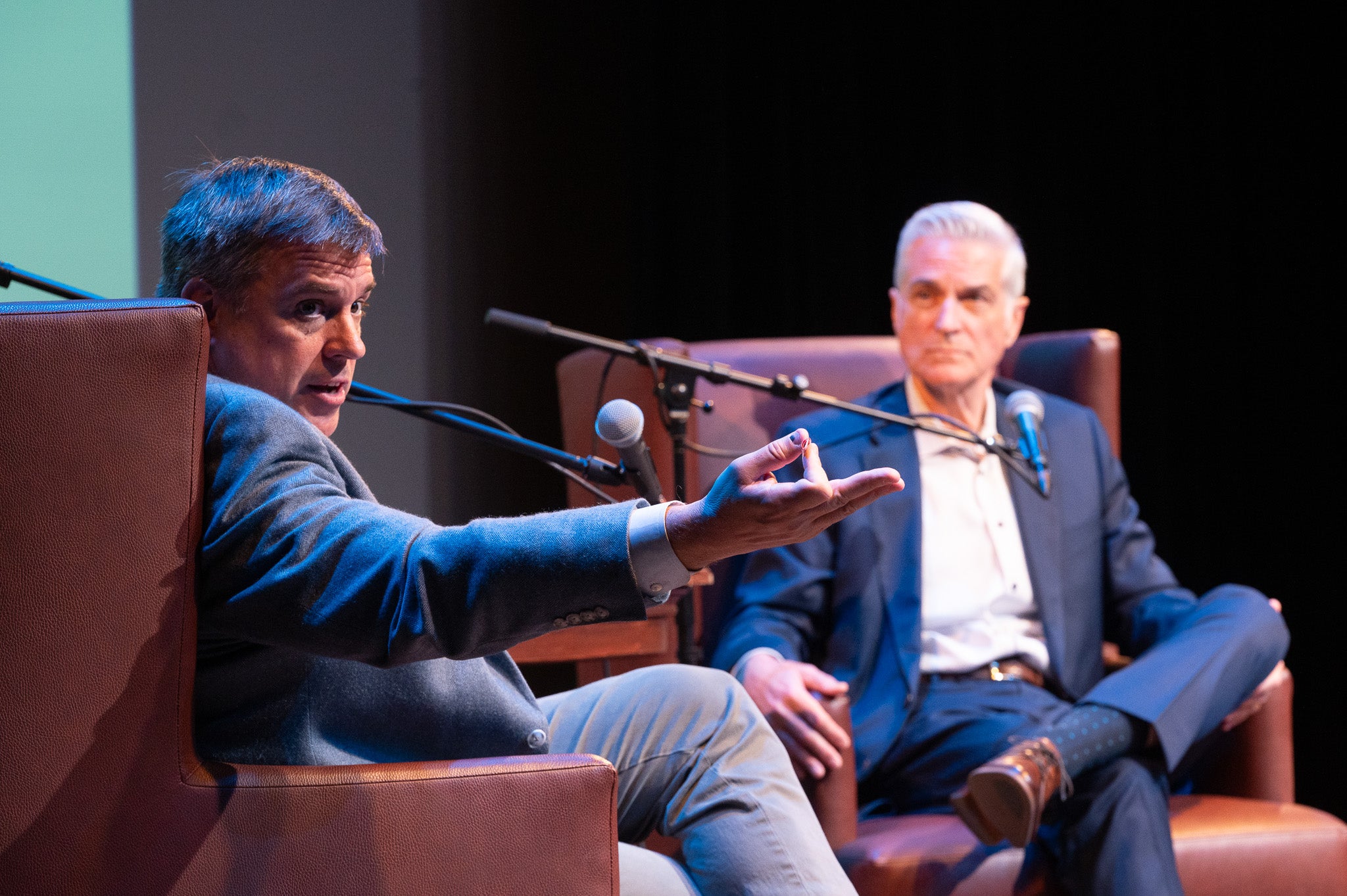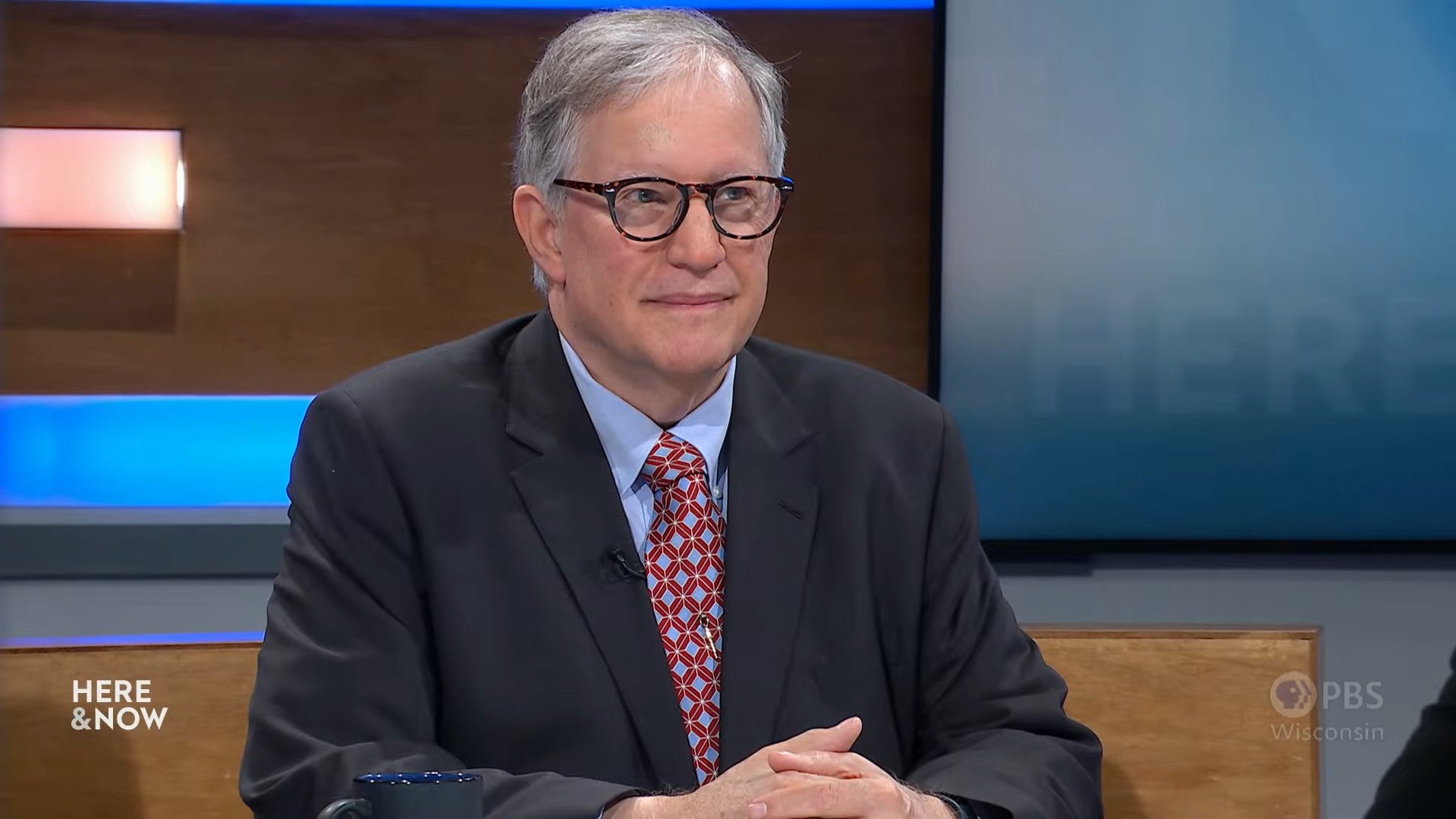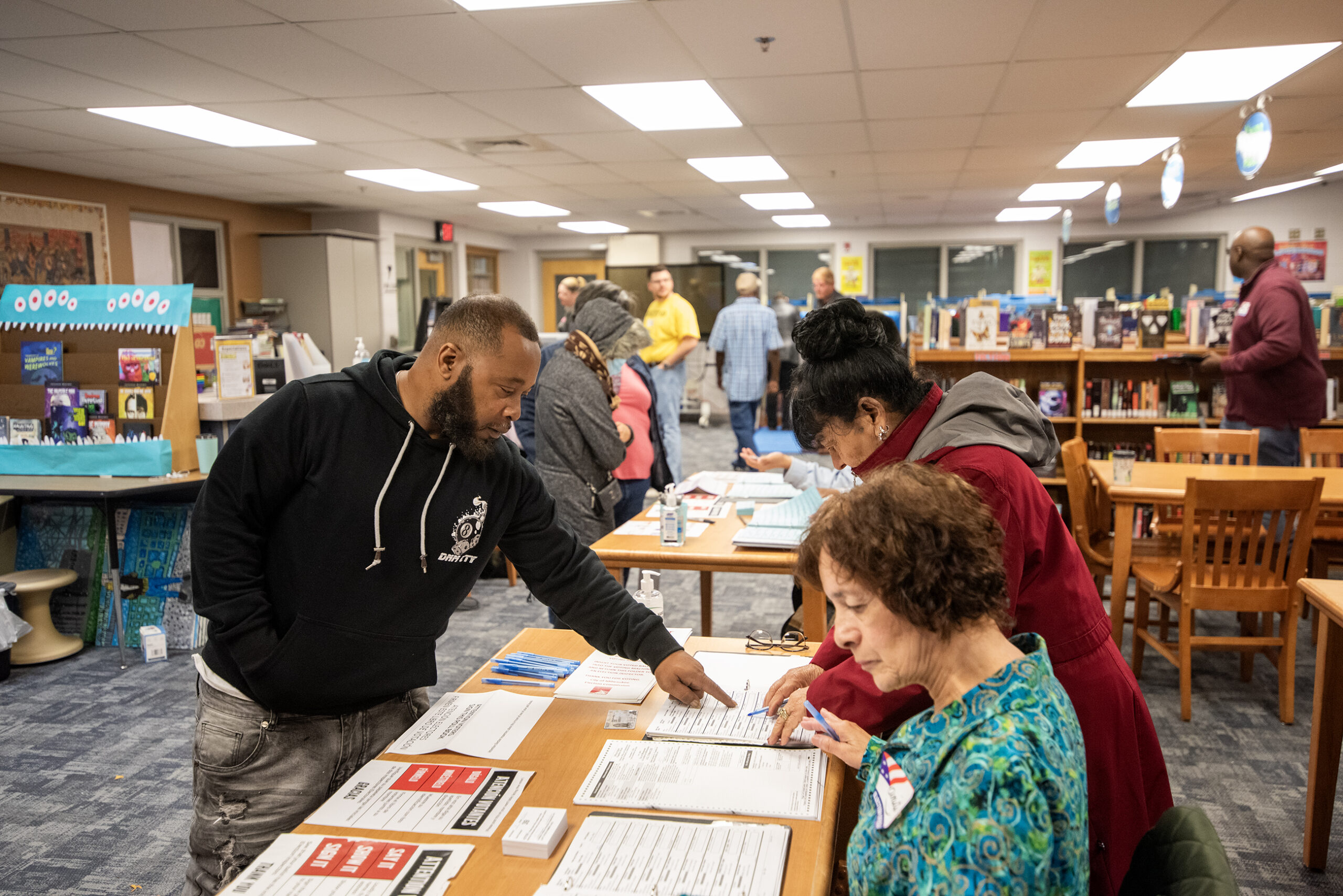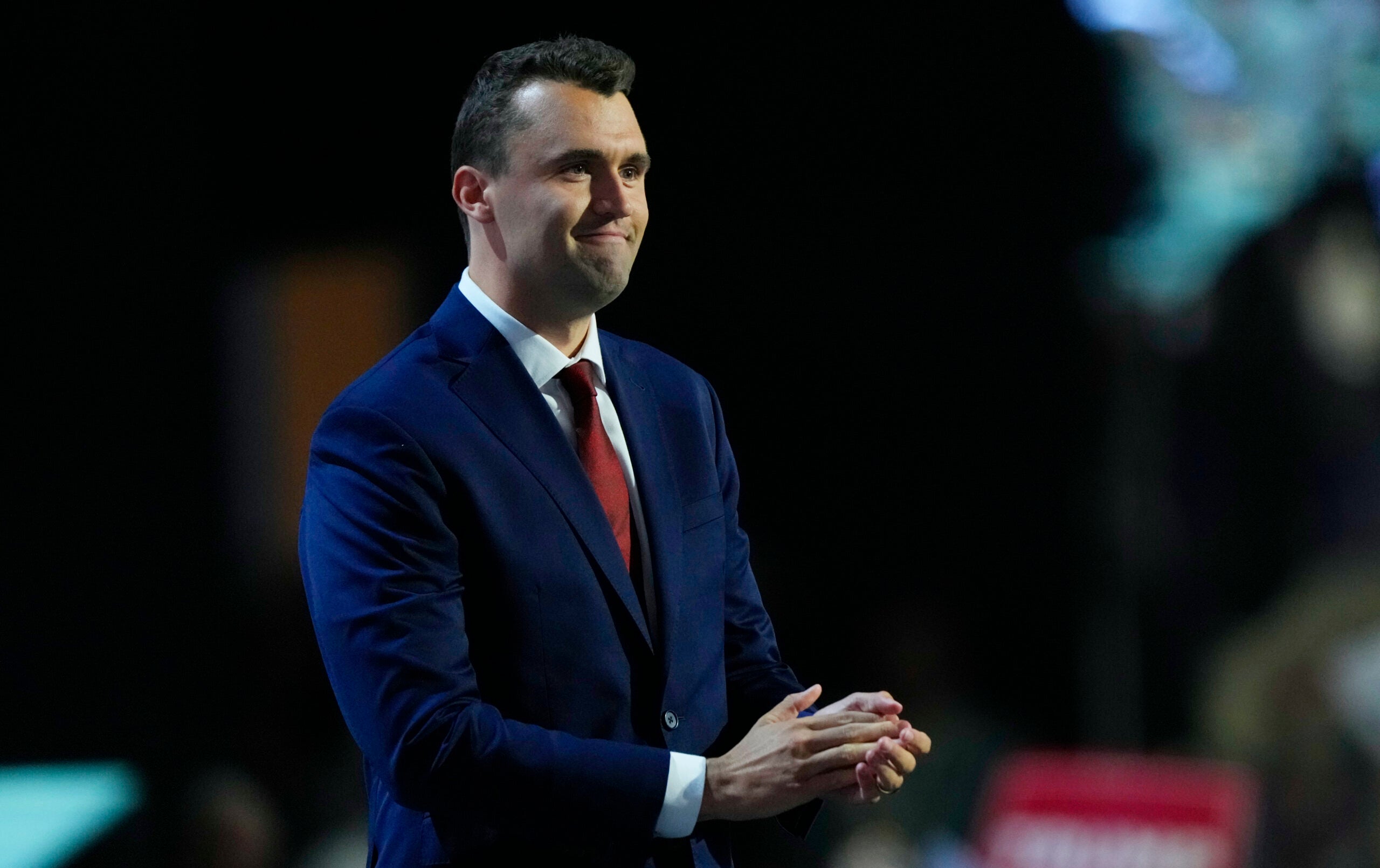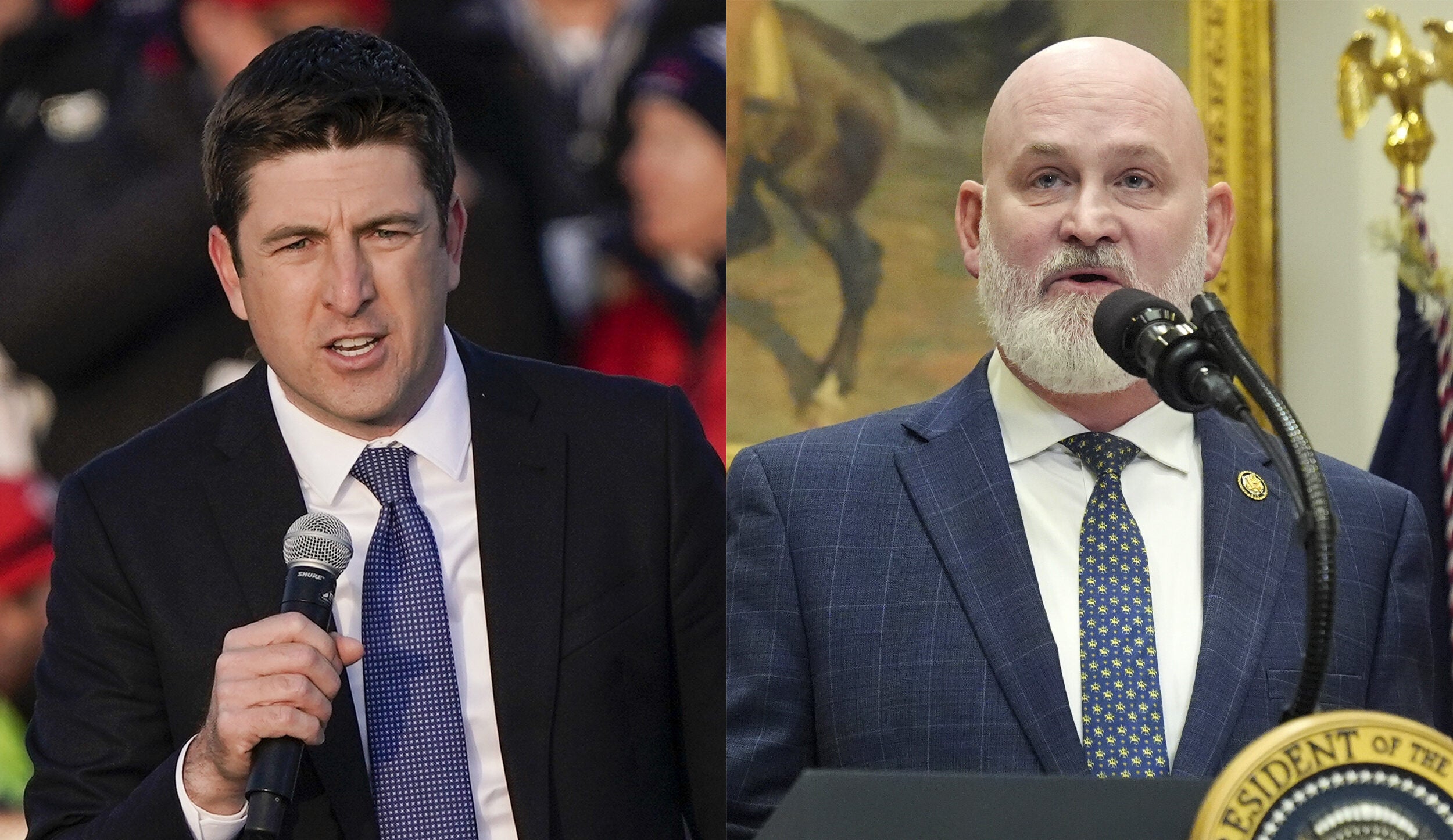For POLITICO’s Jonathan Martin, it’s more challenging now than ever before to cover politics.
“We all grew up in an era of post-World War II consensus politics in media and culture,” the political columnist told WPR’s “Wisconsin Today.”
“To put it in football terms, to use a seasonal metaphor: Everything was kind of between the 40-yard lines. And that is different now. We’re in a more fractured, fragmented culture in everything,” he said.
News with a little more humanity
WPR’s “Wisconsin Today” newsletter keeps you connected to the state you love without feeling overwhelmed. No paywall. No agenda. No corporate filter.
Martin is visiting Wisconsin this week as the 2024 journalist in residence at the University of Wisconsin-Madison Center for Journalism Ethics.
He joined “Wisconsin Today” to talk about what he’s seeing, both on the ground and from a bird’s-eye view, as we enter the final stretch of election season.
This conversation has been edited for brevity and clarity.
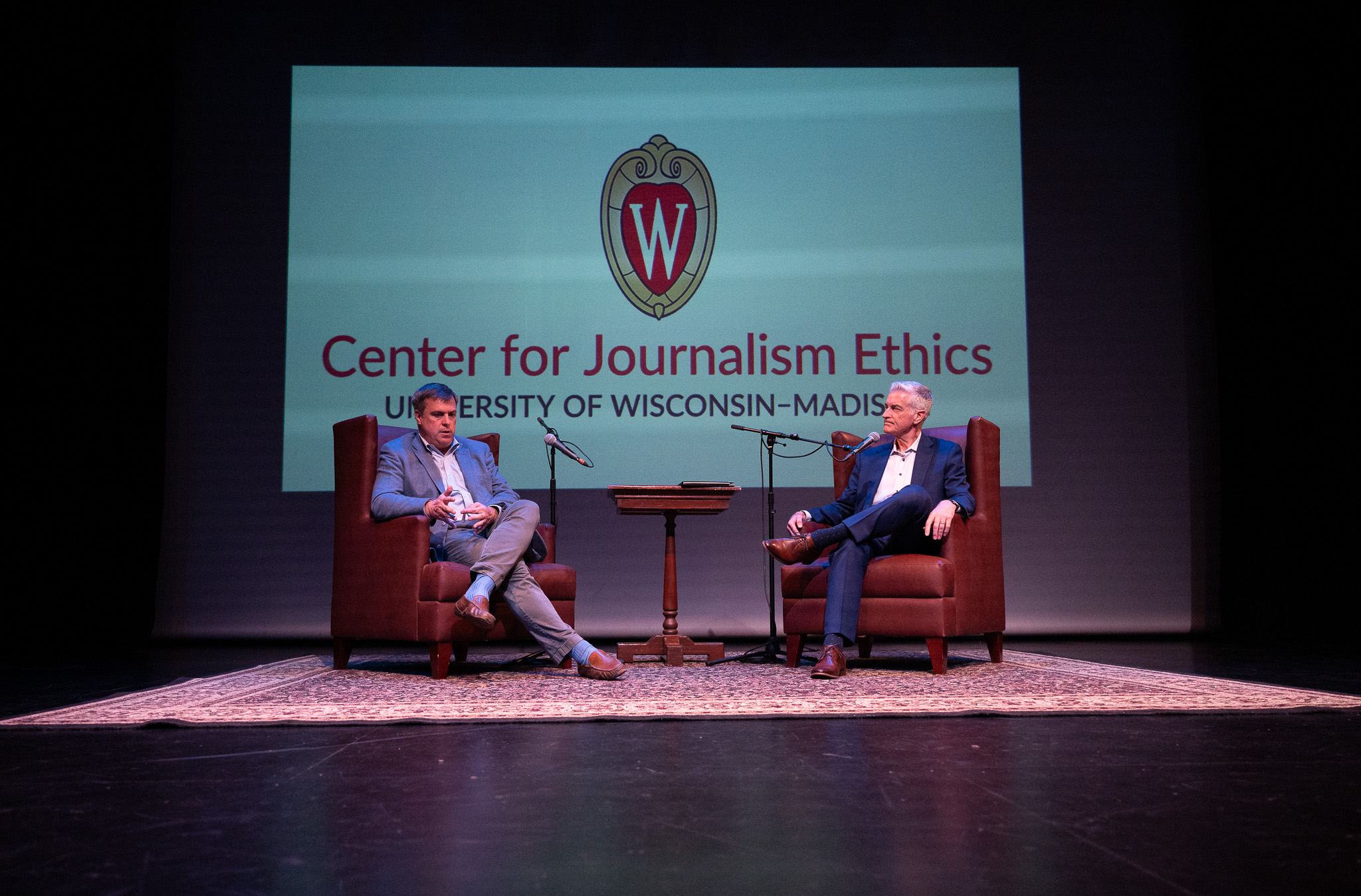
KAK: Journalists have struggled to cover Donald Trump since he first announced that he was running for president in 2015 — that was over nine years ago. There is a tension between taking him literally versus taking him seriously. What do you think the media has learned about covering Trump over the past decade?
JM: We haven’t fixed it. We haven’t figured it out. You’re right: It’s been over nine years.
Trump has effectively broken the system, because the system that we had in place, the sort of AP Style “Candidate X said X, Candidate Y said Y” … just doesn’t work for him, because you have to basically grade him on a curve to do that kind of journalism. So you’re left in a situation where, if you cover him for what he is and you’re honest about the aberrant nature of his candidacy and his conduct, then you write in a way that’s breathless, that’s Pearl Harbor-style headlines and coverage. You exhaust the reader … and you also prompt claims of bias: “You just hate Trump.”
If you don’t cover him for what he is, if you grade him on a curve, if you try to pretend like this is Bob Dole and Bill Clinton in 1996, then you’re doing your readers a disservice because you’re not being truthful — which is the coin of our realm — about the nature of his candidacy and his political movement. So there’s no easy answer because either approach creates huge challenges.
KAK: In your recent column for POLITICO, you talk about bipartisanship as the winning move for the Harris campaign, and that she should do more to signal to voters that she would govern from the political center. What would this strategy look like?
JM: I saw her and Liz Cheney on Monday night together in suburban Milwaukee, Waukesha County — a classic Republican suburb. But there are voters up for grabs there now because they don’t like Trump’s style of Republicanism, so she’s trying to pick up those George W. Bush Republicans … those who maybe think Trump is a bad man, but they want to hear more from Harris about herself and how she would govern. Frankly, they want reassurance that she’d be a moderate. And I think there are ways she can do that.
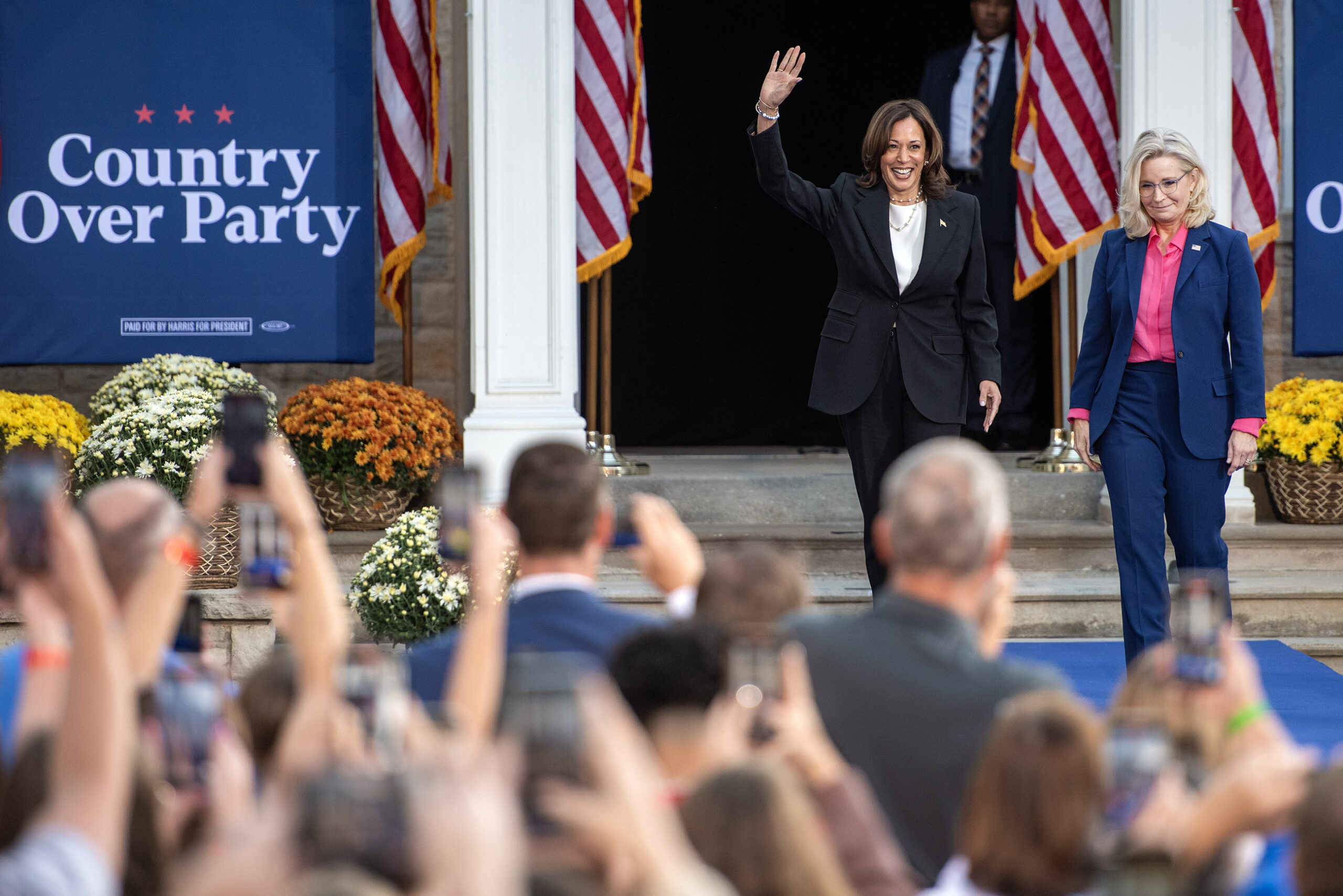
She can talk about the bills that she’d work on with Republicans and ways to compromise. Yes, use the “C” word. Say “compromise.” I think a lot of Americans are dying for the two parties to work together. I think it’s in her interest to say, “America, the dirty little secret is that a lot of Republicans are tired of Trump, too. So are you, and so am I. Let’s work together to get stuff done.”
I think that kind of signaling can go a long way to cueing those remaining voters in the center who don’t want to vote for Trump but maybe they’re not sure they can pull the Democratic lever yet. Right now, they may write somebody in or they may skip the top line.
Don’t forget: In Wisconsin in 2020, thousands of voters did not vote in the top line but voted in the rest of the ticket. That’s a lot of people who couldn’t bring themselves to vote Trump or Biden.
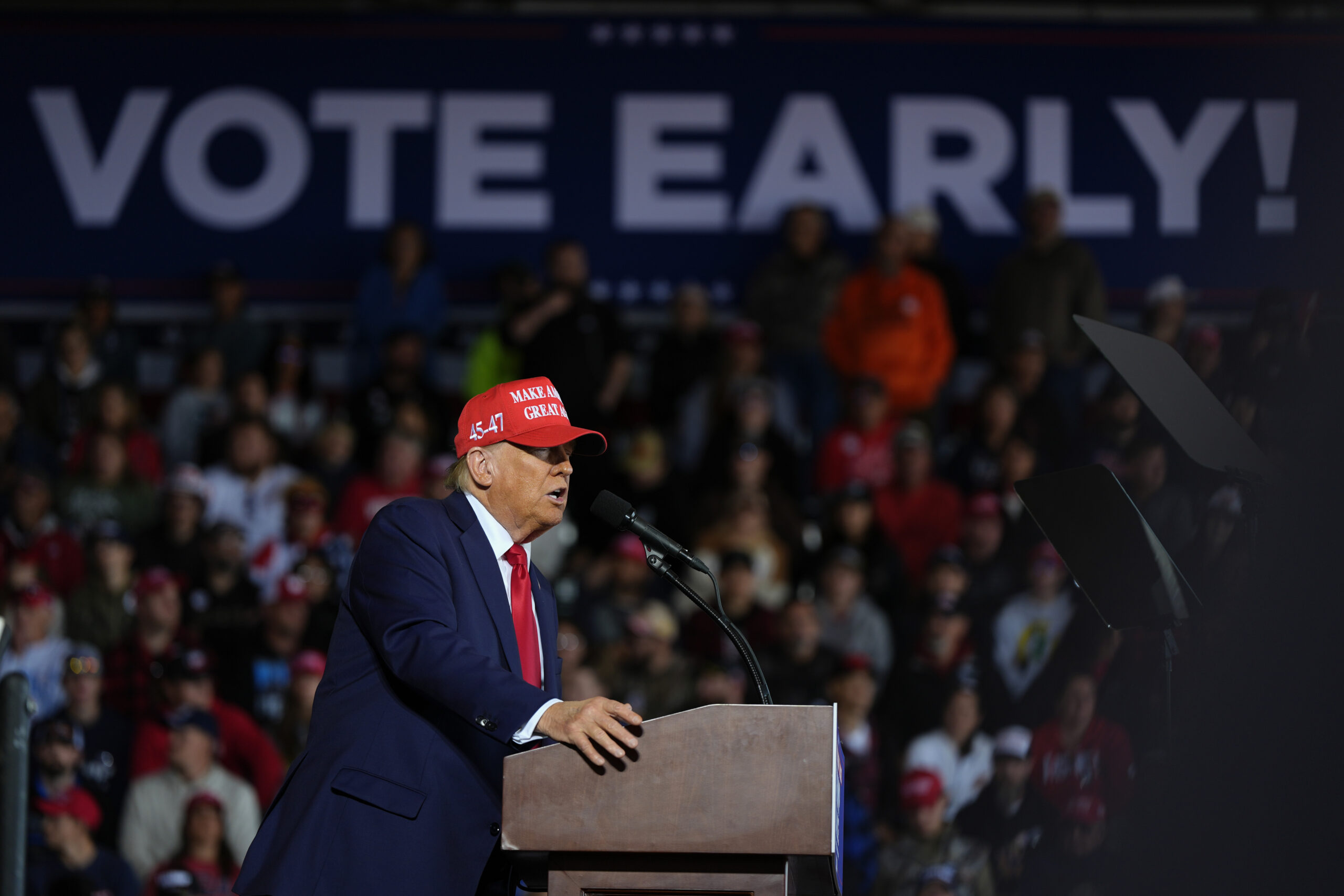
KAK: Trump won large majorities among rural voters in 2016 and further consolidated the rural vote in 2020. Hillary Clinton famously did not visit Wisconsin during the 2016 campaign, but it feels like a reversal of that now leading up to Election Day 2024. How do you view the rural vote in this cycle?
JM: There are broader structural trends shaping American politics that Trump has accelerated but that I think are bigger than Trump. Suburbanites, traditional center and center-right voters, are more open to voting for Democrats now on cultural grounds. They simply don’t recognize what the Republican Party is.
Old-school Democrats, folks whose parents were FDR or Kennedy Democrats, are more open now to voting for Republicans on cultural grounds. People don’t vote their pocketbooks necessarily. Culture matters on both sides.
I think culture is what is shaping politics, in such a way that the map of Wisconsin going forward would be very unfamiliar to people who grew up in Wisconsin — where you saw these traditional Democratic labor communities that are now red. And you saw a lot of the kind of upscale communities that were always Republican that are much more split now. I think that that trend is only going to accelerate.
Wisconsin Public Radio, © Copyright 2025, Board of Regents of the University of Wisconsin System and Wisconsin Educational Communications Board.

